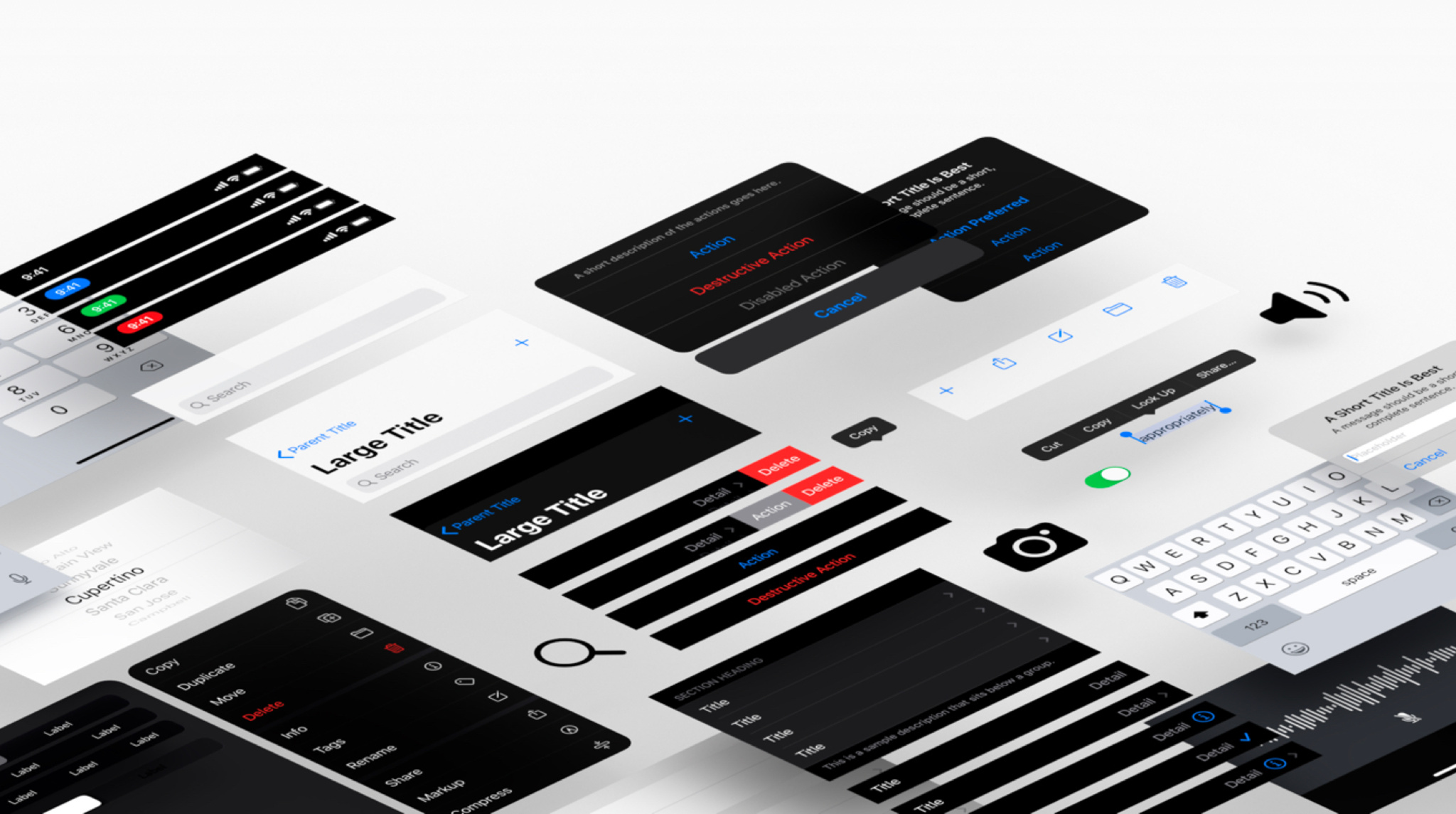
But how bad is it, really? Is a Mac purchased in 2016 getting fewer updates than one bought in 2012 or 2008 or 1999? And if so, is there an explanation beyond Apple’s desire for more users to move to shiny new Apple Silicon Macs? Unlike in the Windows world (at least, up until Windows 11) and the Linux/BSD world, Macs are more like smartphones or tablets in that support for them is regularly cut off well before the point they could no longer run the latest version of macOS. This certainly seems more aggressive than new macOS releases from just a few years ago, where system requirements would tighten roughly every other year or so. Ventura requires a Mac made in 2017 or later, dropping support for a wide range of Monterey-supported Mac models released between 20. When macOS Ventura was announced earlier this month, its system requirements were considerably stricter than those for macOS Monterey, which was released just eight months ago as of this writing. These are people giving older Macs a longer lease on life, and that’s only to be applauded. It must be a small scene, actively fighting Apple every step along the way, but usually succeeding in the end. I always love the dedication of these people trying to get macOS to run on hardware it was never intended to run on.

The OCLP developers have admitted that macOS Ventura support will be tough, but they’ve made progress in some crucial areas that should keep some older Macs kicking for a little bit longer. It’s an offshoot of the OpenCore Hackintosh bootloader, and it’s updated fairly frequently with new features and fixes and compatibility for newer macOS versions.


For Big Sur and Monterey, the OpenCore Legacy Patcher (OCLP for short) is the best way to get new macOS versions running on old Macs.
New apple virtualization framework mac os#
Tools like XPostFacto and LeopardAssist could help old PowerPC Macs run newer versions of Mac OS X, a tradition kept alive in the modern era by dosdude1’s patchers for Sierra, High Sierra, Mojave, and Catalina.
New apple virtualization framework software#
Skirting the official macOS system requirements to run new versions of the software on old, unsupported Macs has a rich history.


 0 kommentar(er)
0 kommentar(er)
